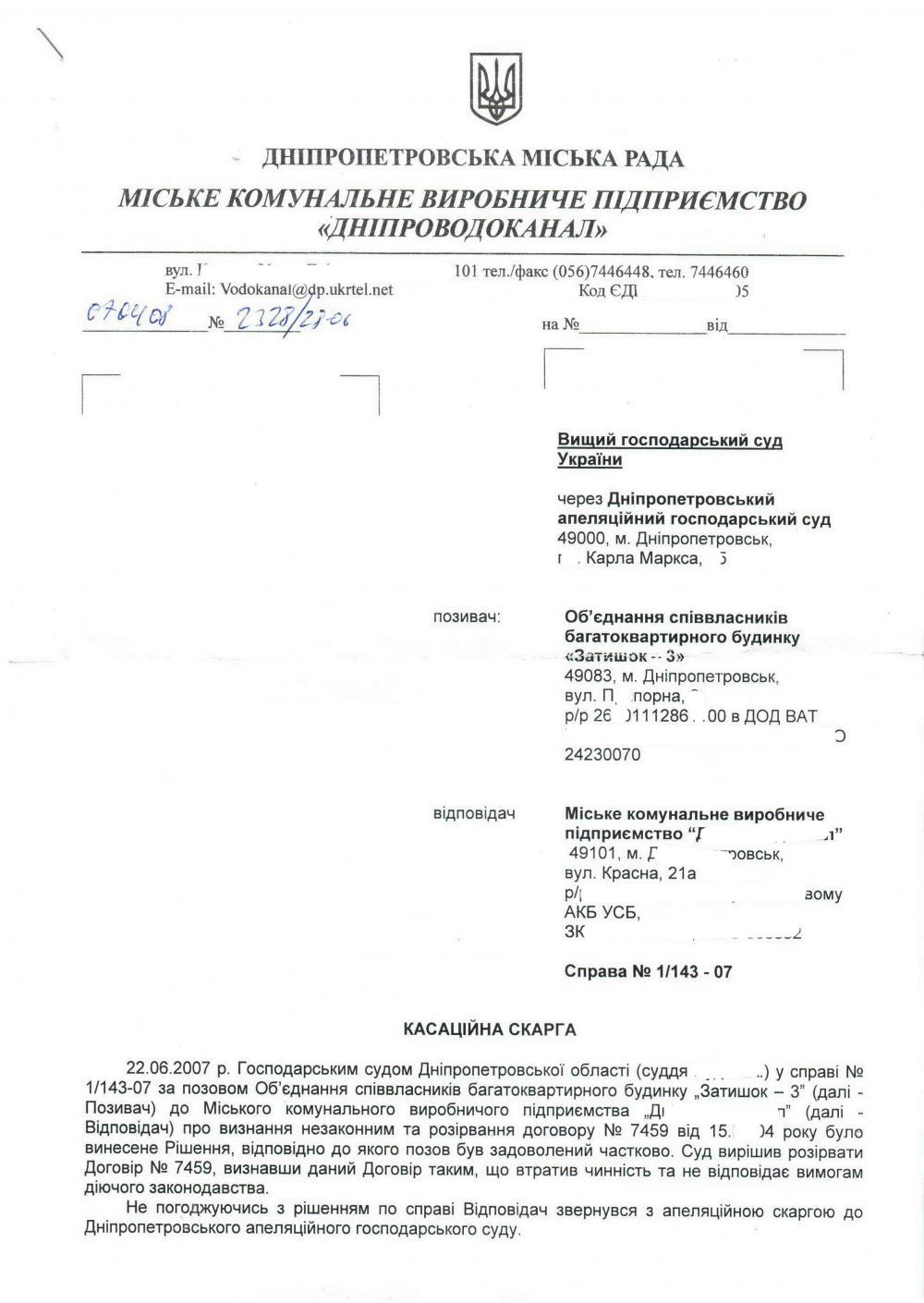Analysis of enterprise debt repayment
Often it is not easy to recover a debt owed by a borrower, especially when it comes to a company’s accounts receivable. Therefore, the recovery of accounts receivable is always quite painstaking work, the main goal of which is the return of funds. Our specialists try first and foremost to negotiate with the debtor in a pre-trial order. However, it is very rare to resolve the problem without going to court.
In that case there is nothing left but to turn to the court, where work on accounts receivable continues, or rather, measures are carried out to recover it. Unfortunately, even if the court issues a decision to recover accounts receivable from the defendant, that decision must still be enforced. Very often our lawyers have to make considerable efforts to ensure the client’s interests are protected to the end.
It is good when the debtor’s bank account contains an amount that fully covers the debt. Then the funds owed to you will simply be transferred to your account. But practice shows that, more often than not, the borrower manages to transfer their funds and sell (hide) all valuable property. In this scenario there is a way out. According to Art. 190 of the Civil Code, property is recognized not only as strictly material items but also as property rights; however, it will be significantly more difficult to recover them.
- lease rights;
- intellectual property objects;
- objects of unfinished construction;
- other types of rights.
This list does not end there. For example, the borrower may have entered into a contract to participate in shared construction. Sooner or later the debtor will become the owner of the real estate, and an experienced lawyer can ensure that you become the owner of such an object.
- Drafting a claim, appeal, or cassation
- Participation of an attorney/lawyer in a court hearing
- Filing documents with the court
- Oral consultation on an issue requiring court action


